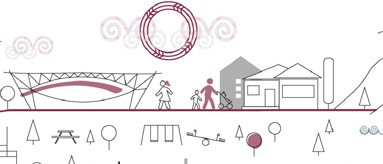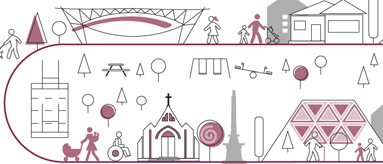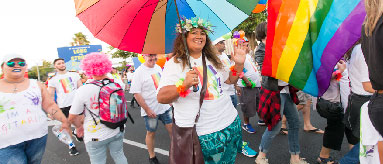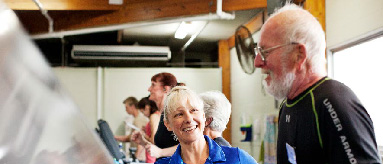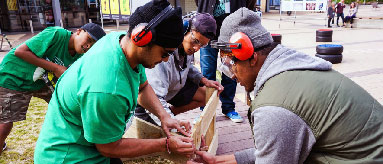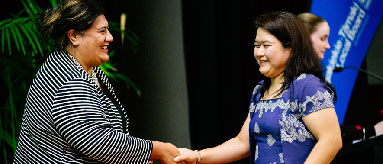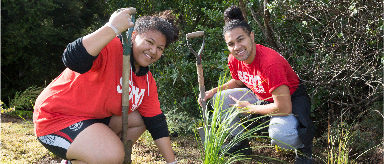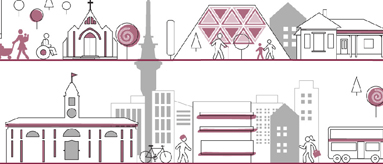Improving Aucklanders' physical and mental health and wellbeing means people will be happier, healthier, and more able to participate in activities that they value.
Ara 2: Whakapiki i te hauora me te oranga tonutanga mō ngā tāngata katoa o Tāmaki Makaurau mā te whakaheke i ngā rerekētanga kino i ngā āheinga Direction 2: Improve health and wellbeing for all Aucklanders by reducing harm and disparities in opportunities

A wide range of central and local government agencies, the private sector, and the community and voluntary sectors all play important roles in promoting wellbeing and reducing harm (for example from smoking, alcohol, drugs and gambling) to achieve good quality of life outcomes.
This includes positive actions towards a healthy lifestyle and programmes such as Healthy Auckland Together - visit the Healthy Auckland Together website to find out more.
You can also read the Alcohol Harm Minimisation Strategy and Smokefree Policy.
Assessing the health and wellbeing implications of decisions and promoting public health improves Aucklanders' health and wellbeing and helps to achieve equitable health outcomes.
Being able to get around easily and achieve educational or employment goals contribute to a person's ability and motivation to participate in and enjoy community and civic life.
An increase in access to opportunities for all Aucklanders can have positive benefits in:
- health and life expectancy
- trust and social cohesionThe willingness of members of society to cooperate with each other in order to survive and prosper.
- educational performance
- employment
- the reduction of crime
- cultural and civic participation.
To improve health and wellbeing, we must address inequity, exclusion and disadvantage experienced by individuals, whānauExtended family, family group, a familiar term of address to a number of people. Also the primary economic unit of traditional Māori society. and communities.
This includes ensuring that children and young people are given the opportunity to reach their potential so that they do not experience disadvantage as adults.
We must also address structural discriminationWhen an entire network of rules and practices disadvantages less empowered groups while at the same time serving to advantage the dominant group. by encouraging a more diverse range of people in positions of decision-making and influence.
Socio-economic disparityIn general terms, a person's social and economic position in relation to others, based on income, education and occupation., low social mobilityShifting from one social status to another, commonly to a status that is either higher or lower. It refers both to the ability of individuals to change status over time, and for individuals to have a different status to that of their family. and entrenched inequalities exist across Auckland, often in distinct geographic patterns.
Socio-economic disparity and poor living standards have multiple effects, both at the individual and household level and on society and the economy in general.
It's not just a matter of putting social systems in place. Individuals and communities need active support to ensure that they can make the most of the opportunities and have the skills and resources to make positive changes.
To improve the health and wellbeing of all Aucklanders, we must work together to remove barriers, eliminate discrimination and disadvantage and provide meaningful opportunities and choices for all.
Related information
- Library engagement with homeless people
- Creating a community-led physical activity space in Grey Lynn
- The Southern Initiative.

